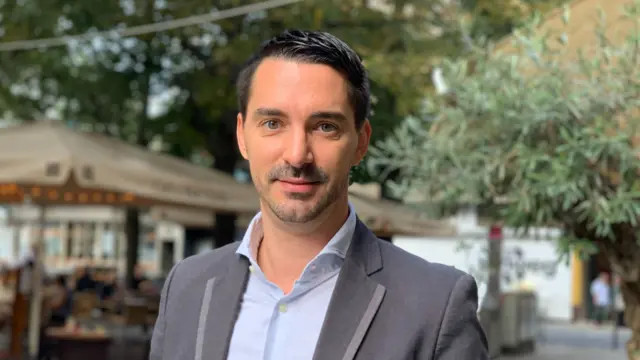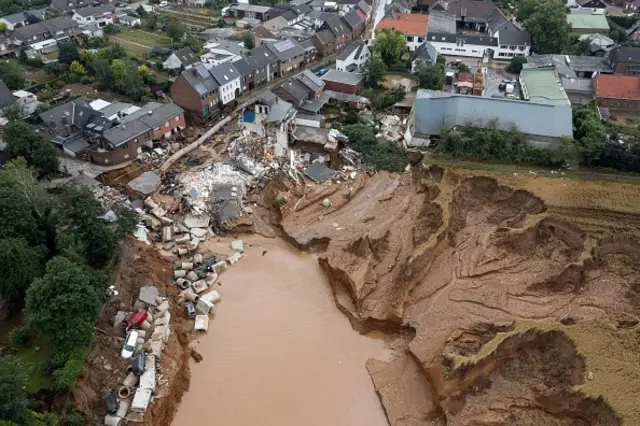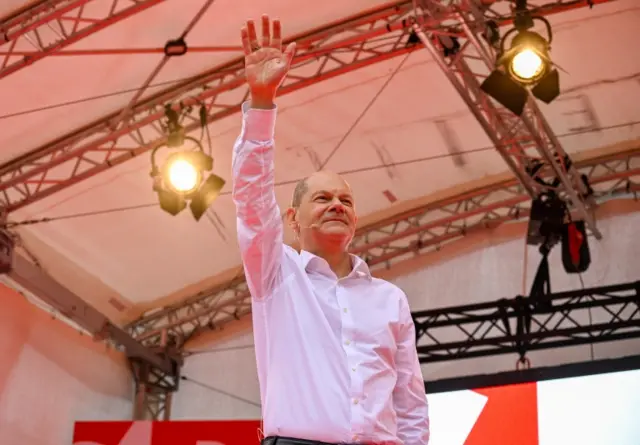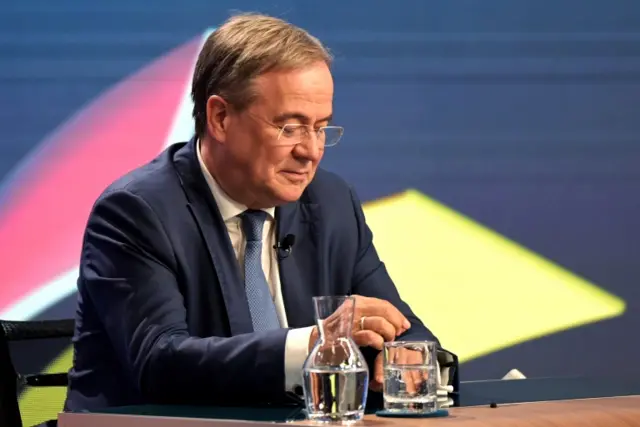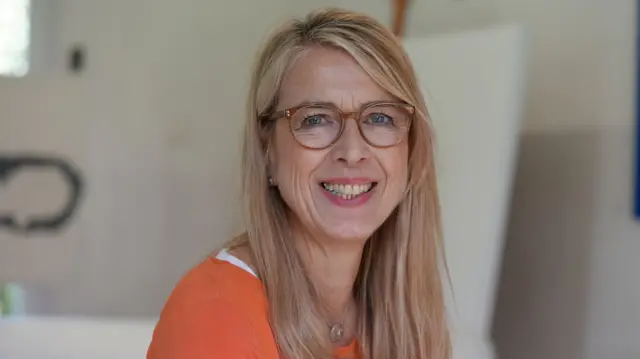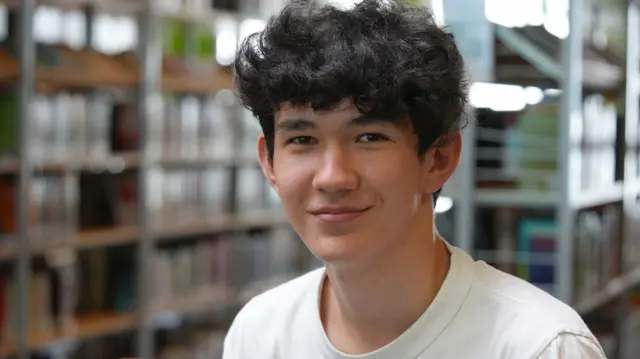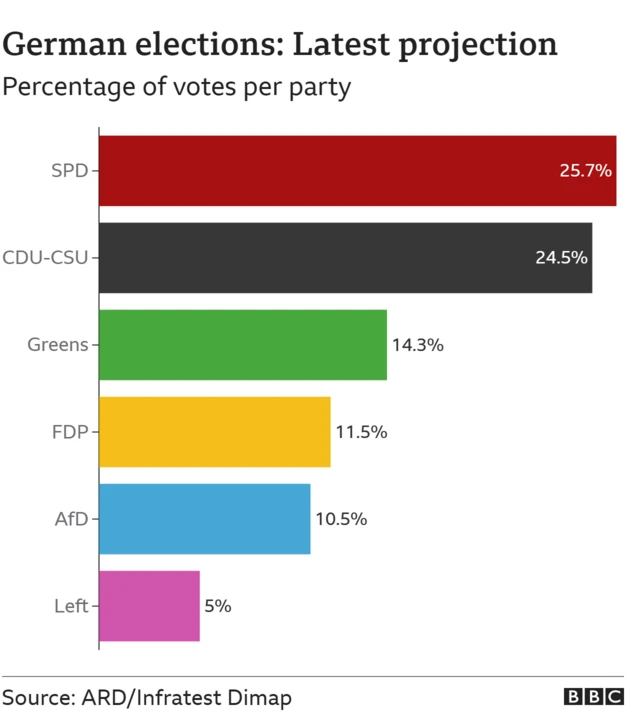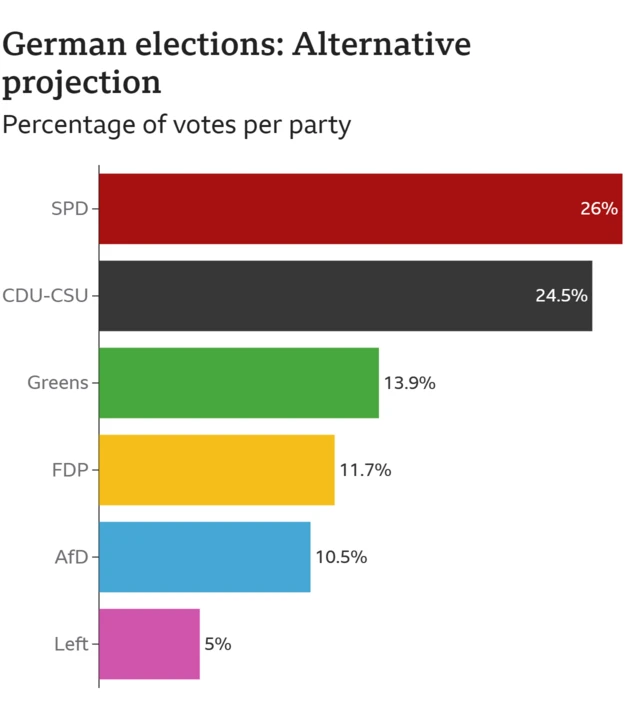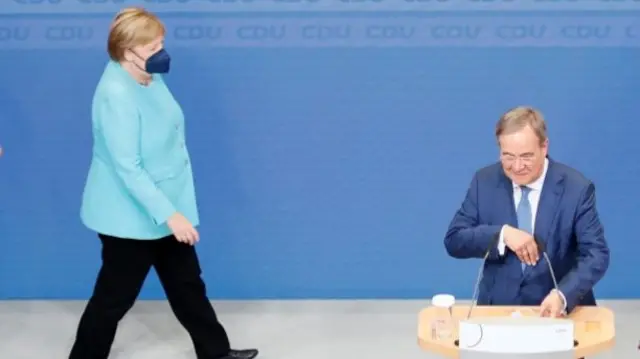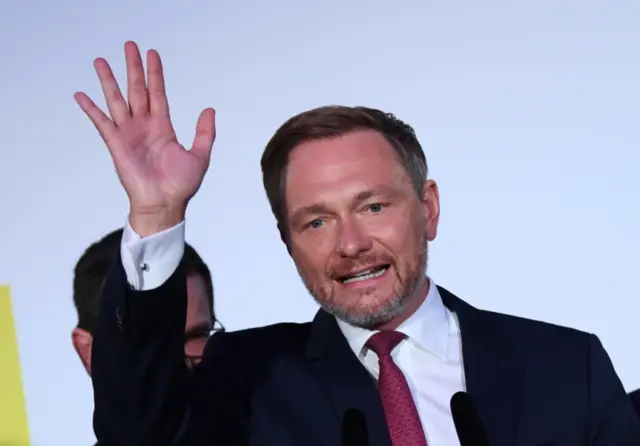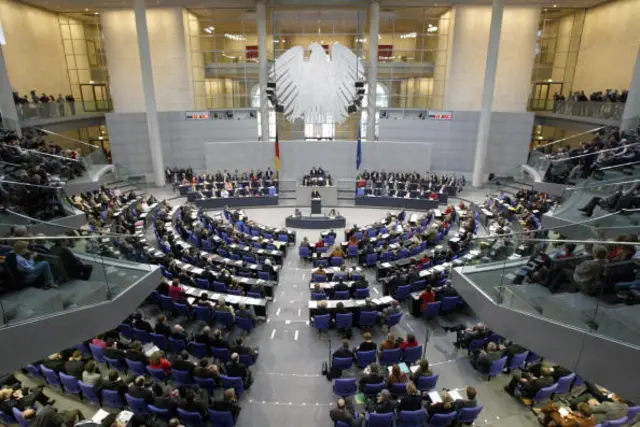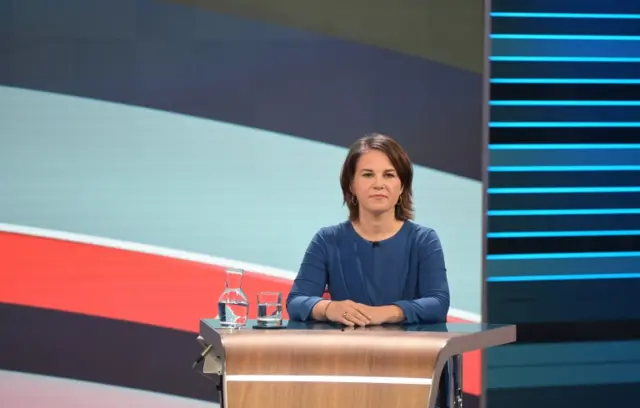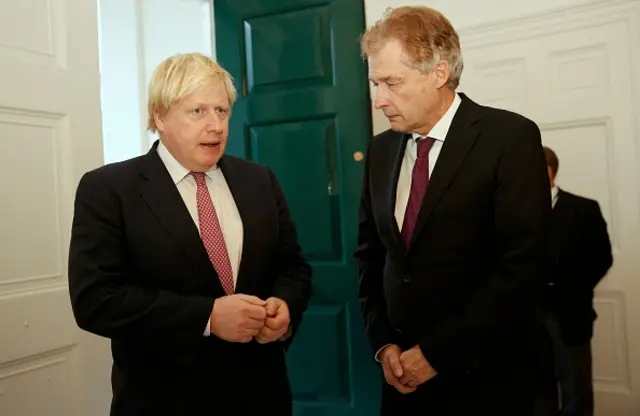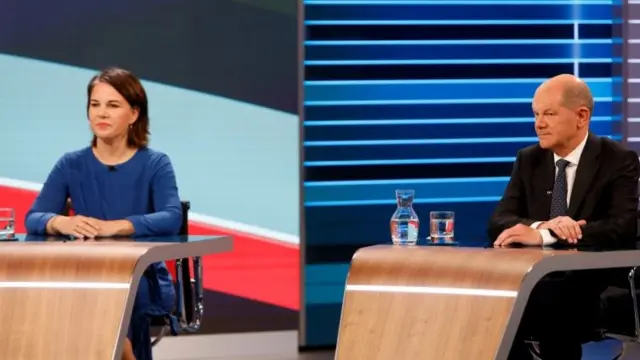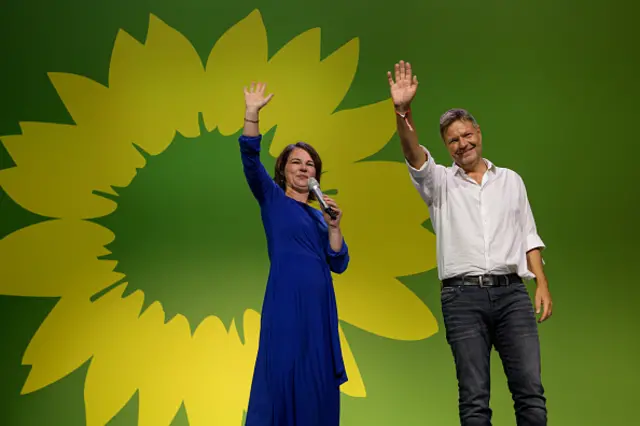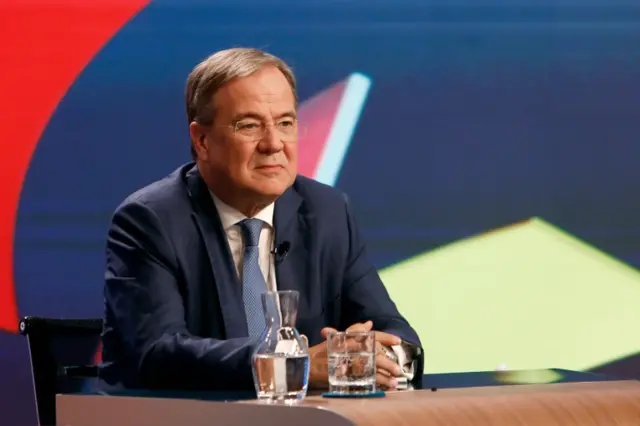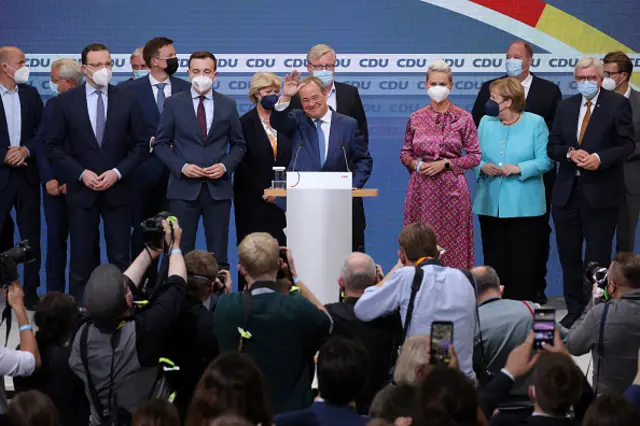Scholz wins constituency duel against Baerbockpublished at 21:51 BST 26 September 2021
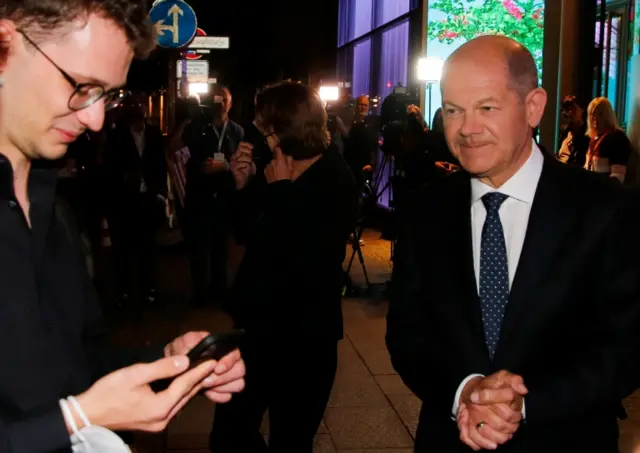 Image source, Reuters
Image source, ReutersOlaf Scholz will enter the Bundestag for the first time since 2011
SPD chancellor candidate Olaf Scholz has won a parliamentary seat in the constituency of Potsdam, defeating his rival, Greens co-leader Annalena Baerbock, official results show, external.
Scholz won the seat with 34% of the vote, while Baerbock came second with 18.8%.
Scholz has not been a member of the Bundestag, the lower chamber of Germany's federal parliament, since 2011.
The top candidates for the SPD and the Greens went head to head in Potsdam, which borders the capital, Berlin, and is in the state of Brandenburg.
Scholz and Baerbock crossed paths regularly during the election campaign, and have expressed a willingness to engage in talks to form a coalition government together.
The result in Potsdam doesn't mean Baerbock won't win a seat in the Bundestag though. She's been listed as the top candidate for the Greens in Brandenburg - meaning she's almost certain to get in via the state list.
